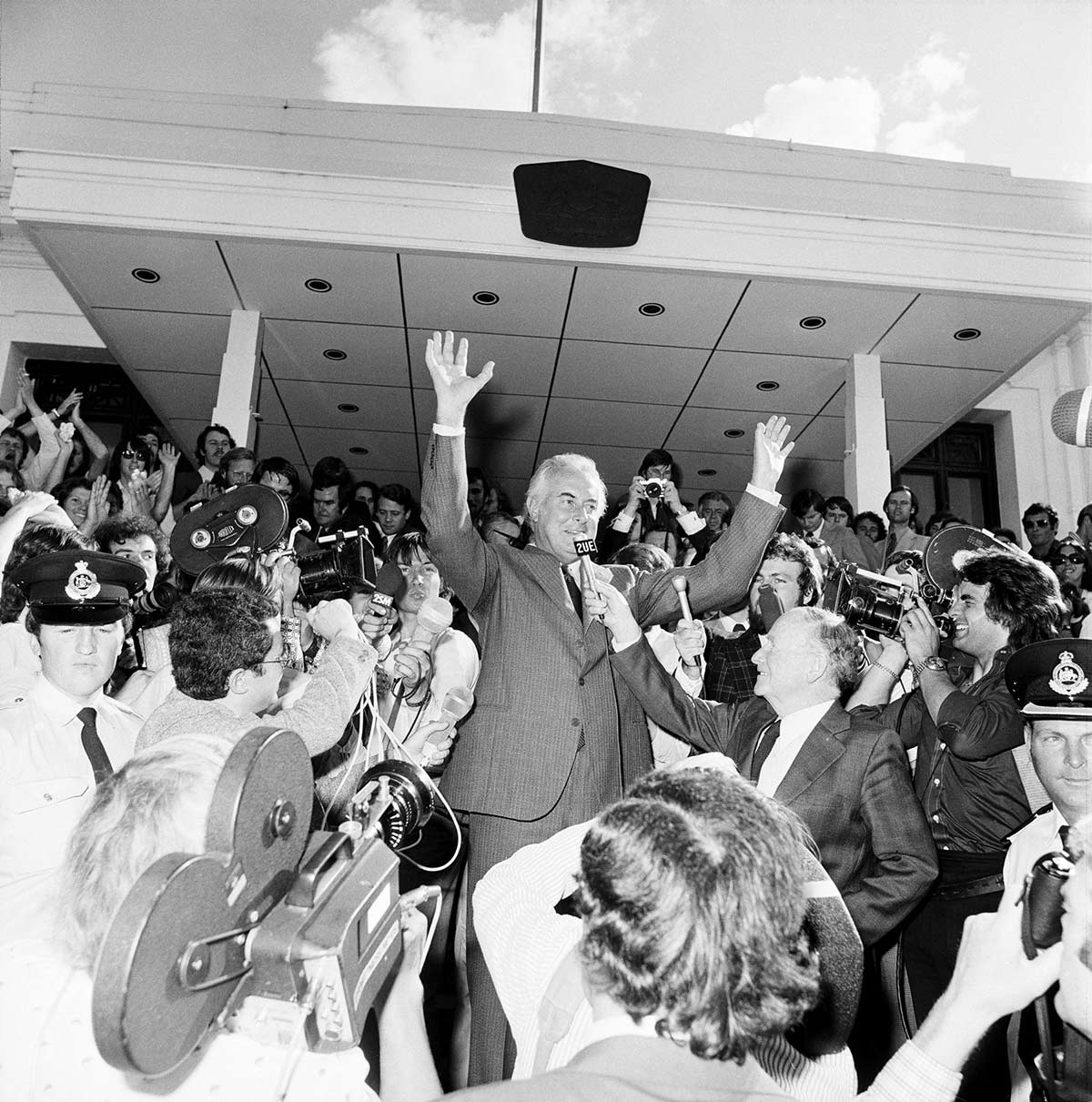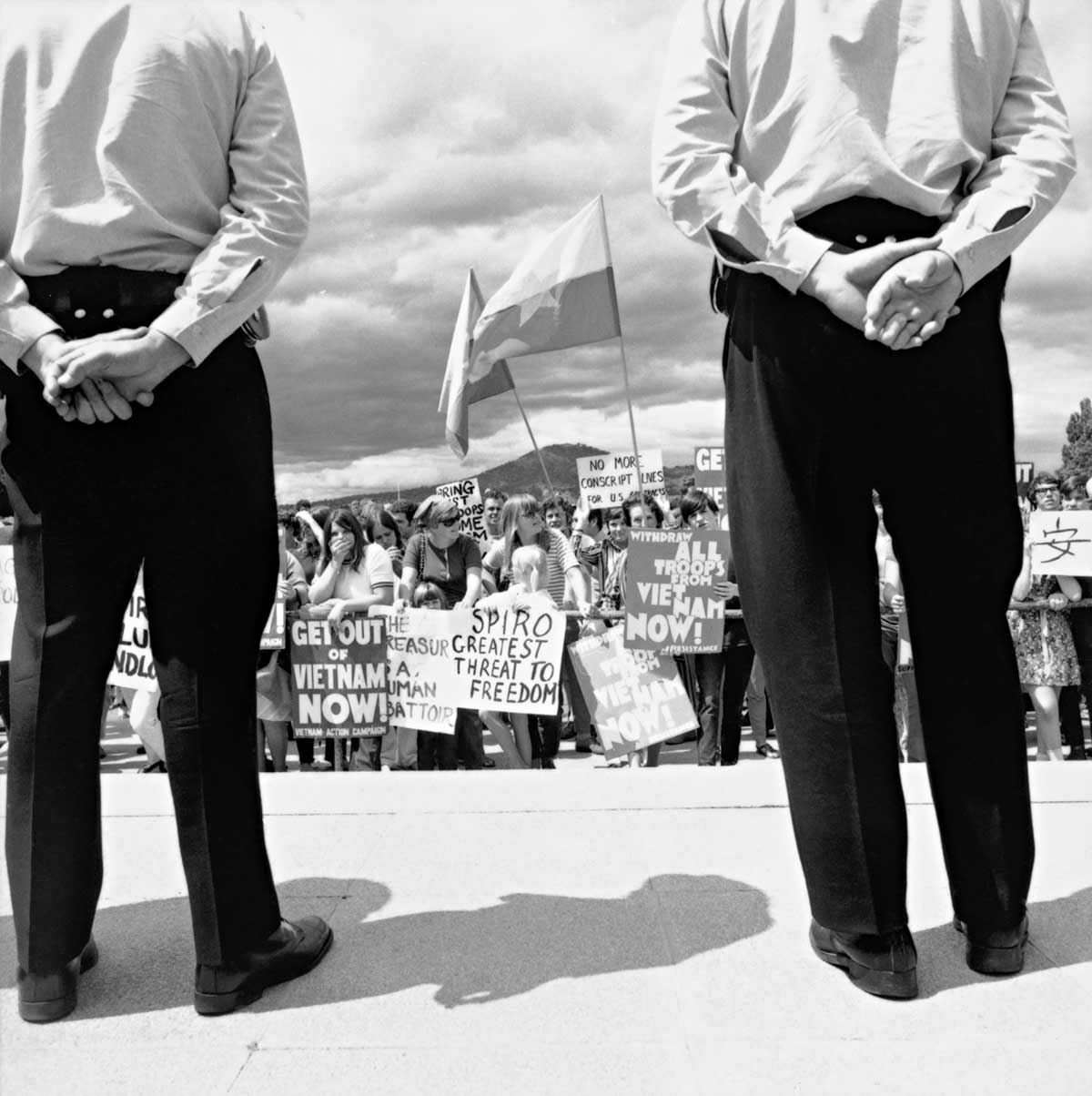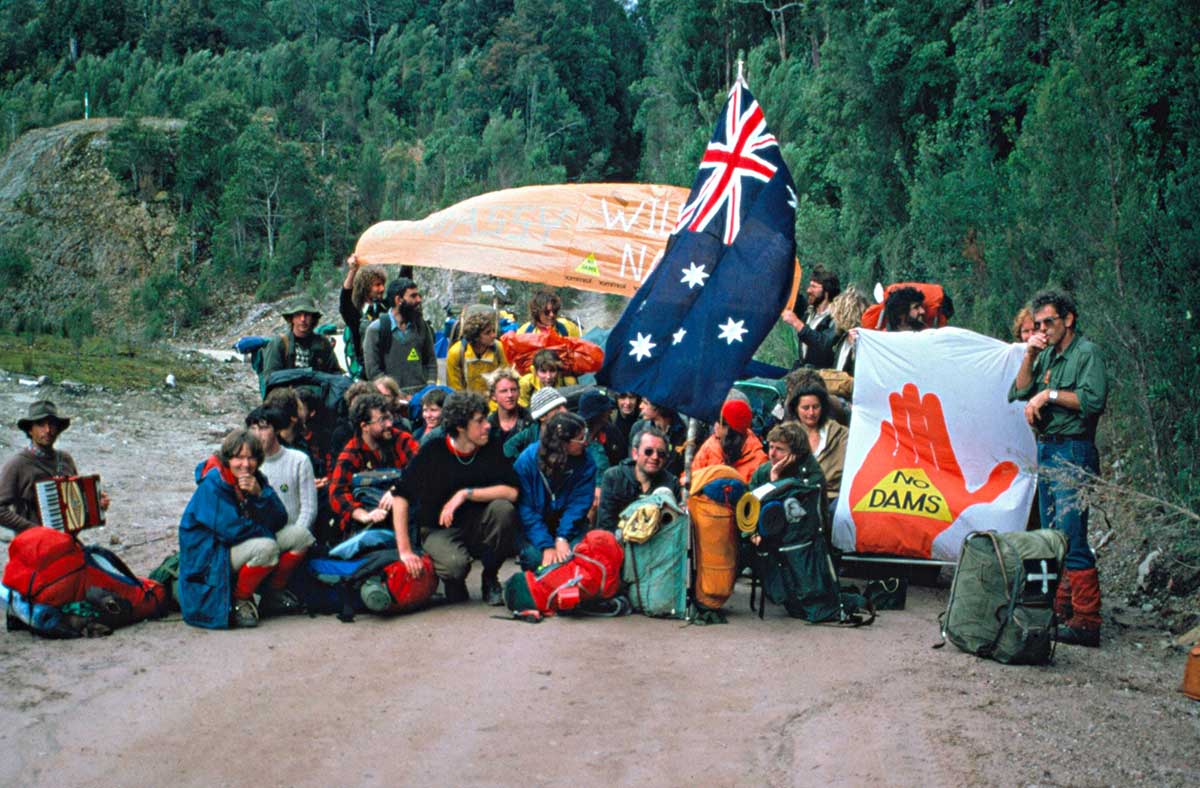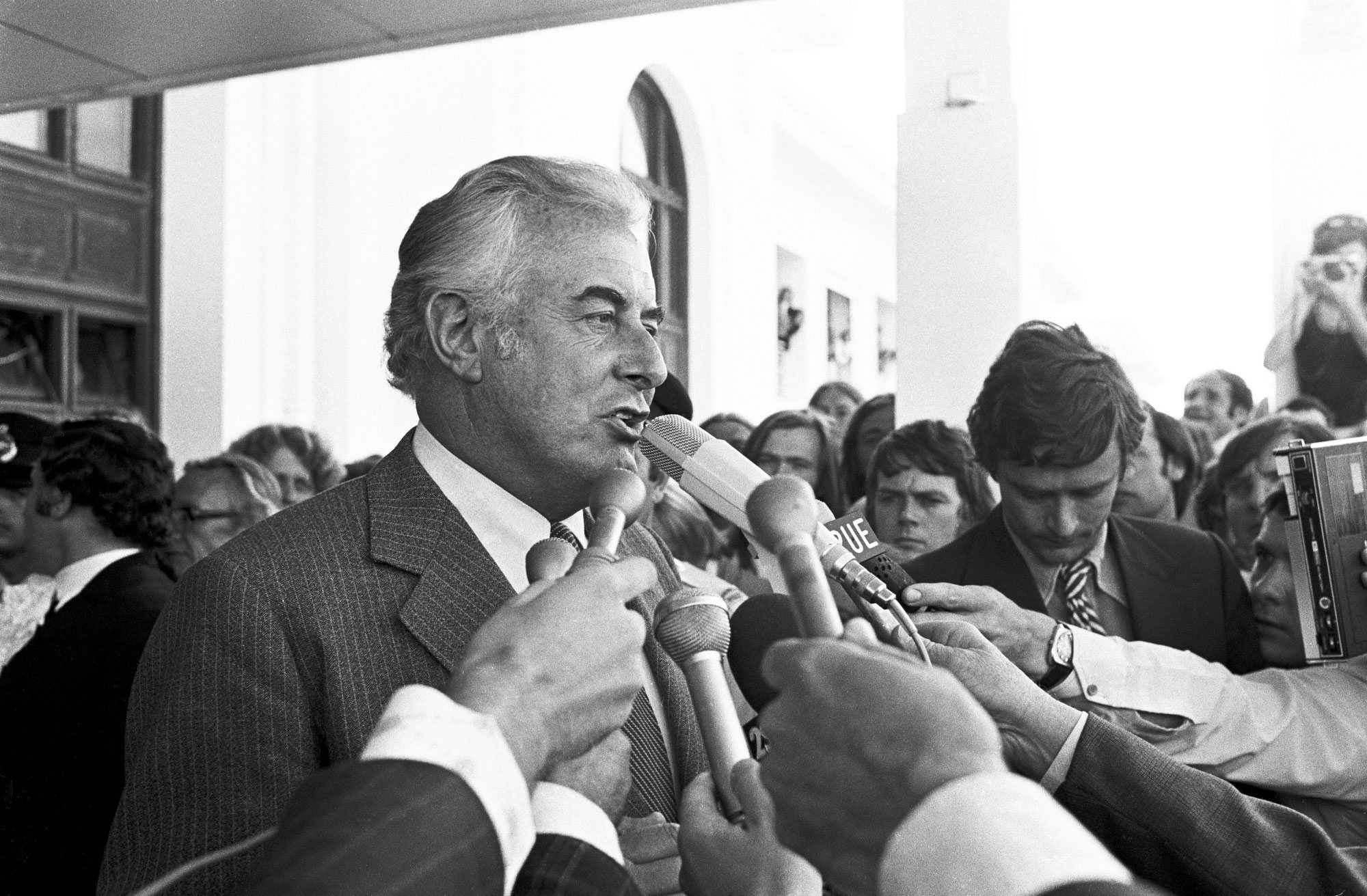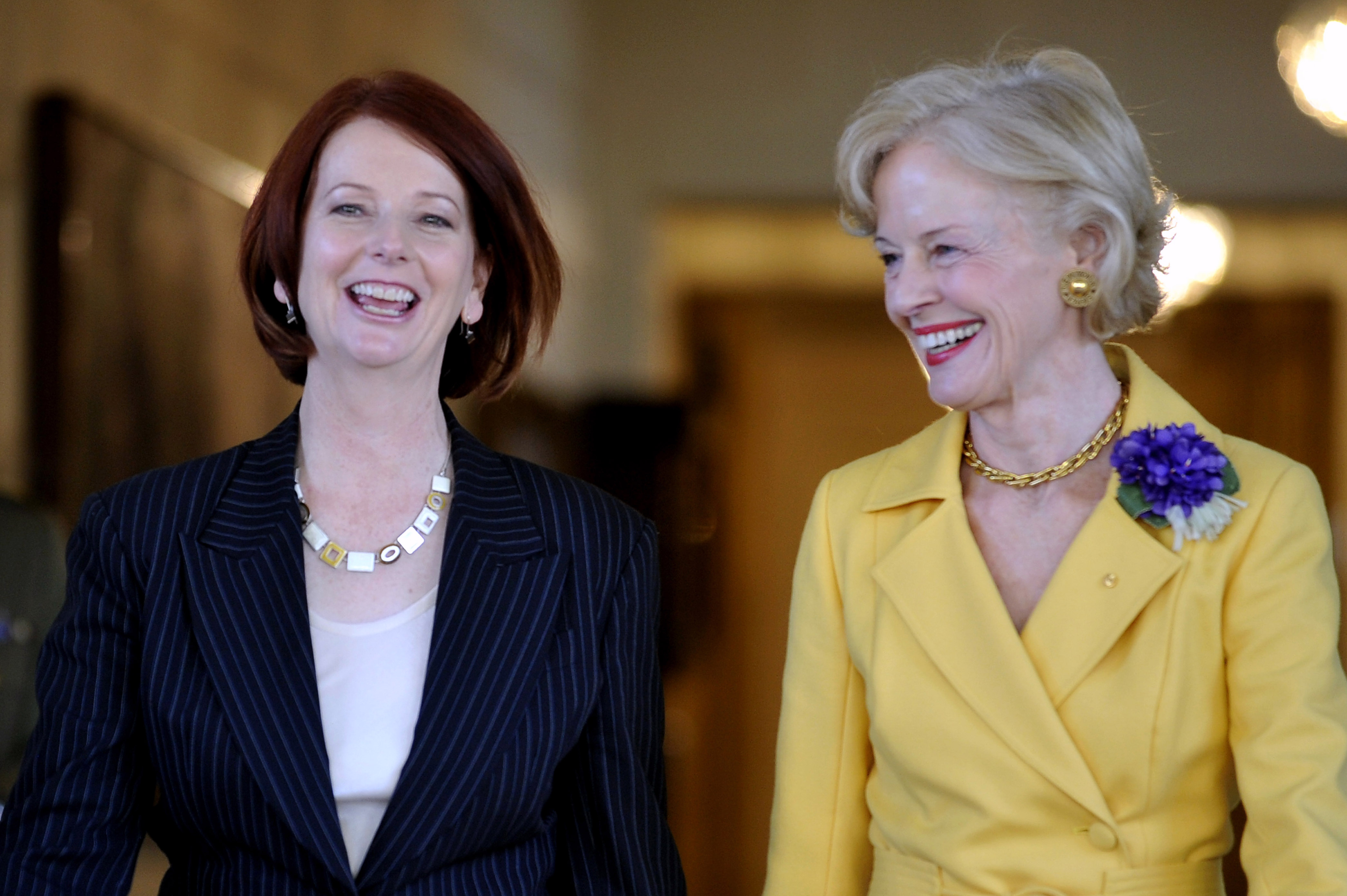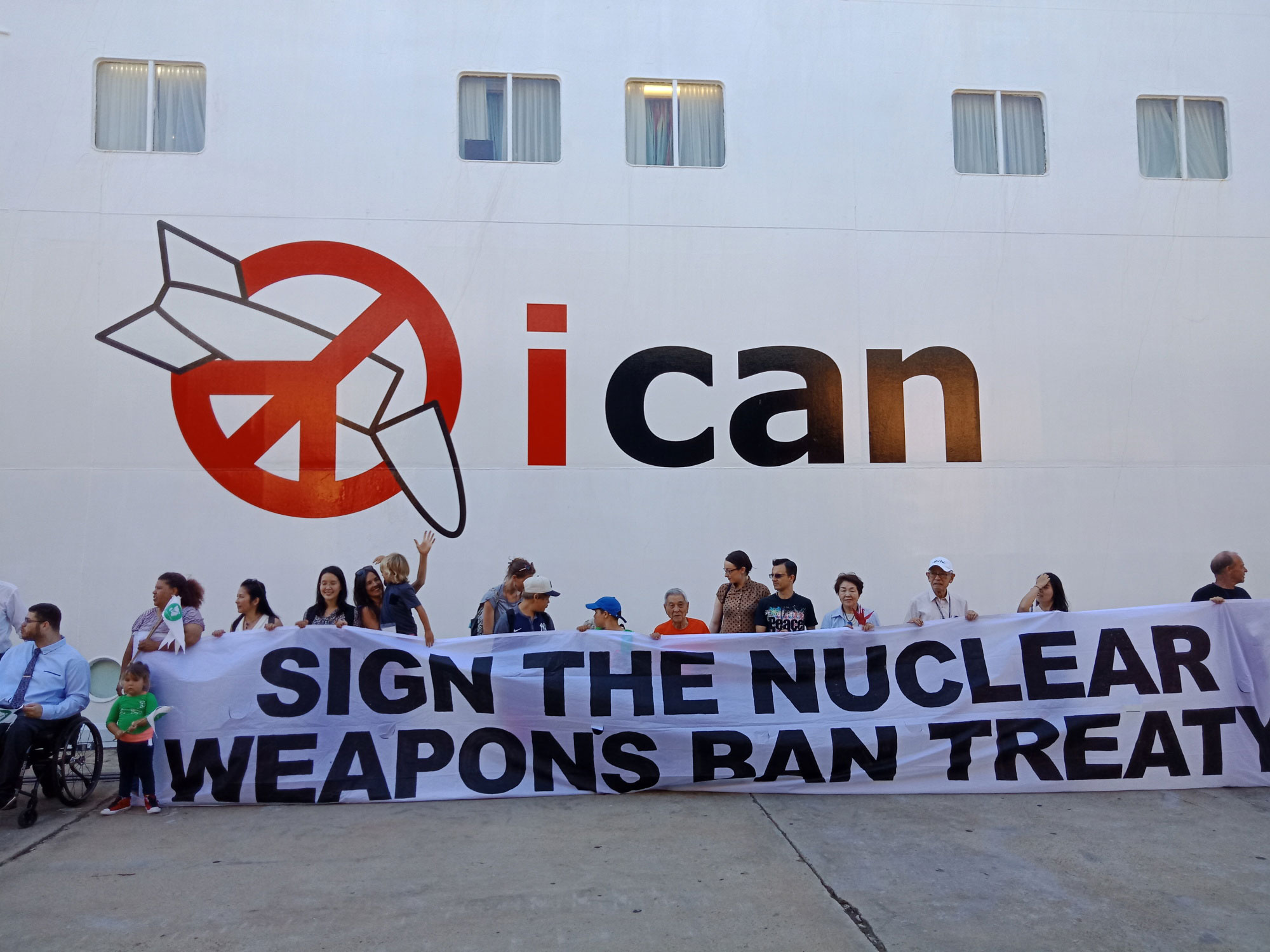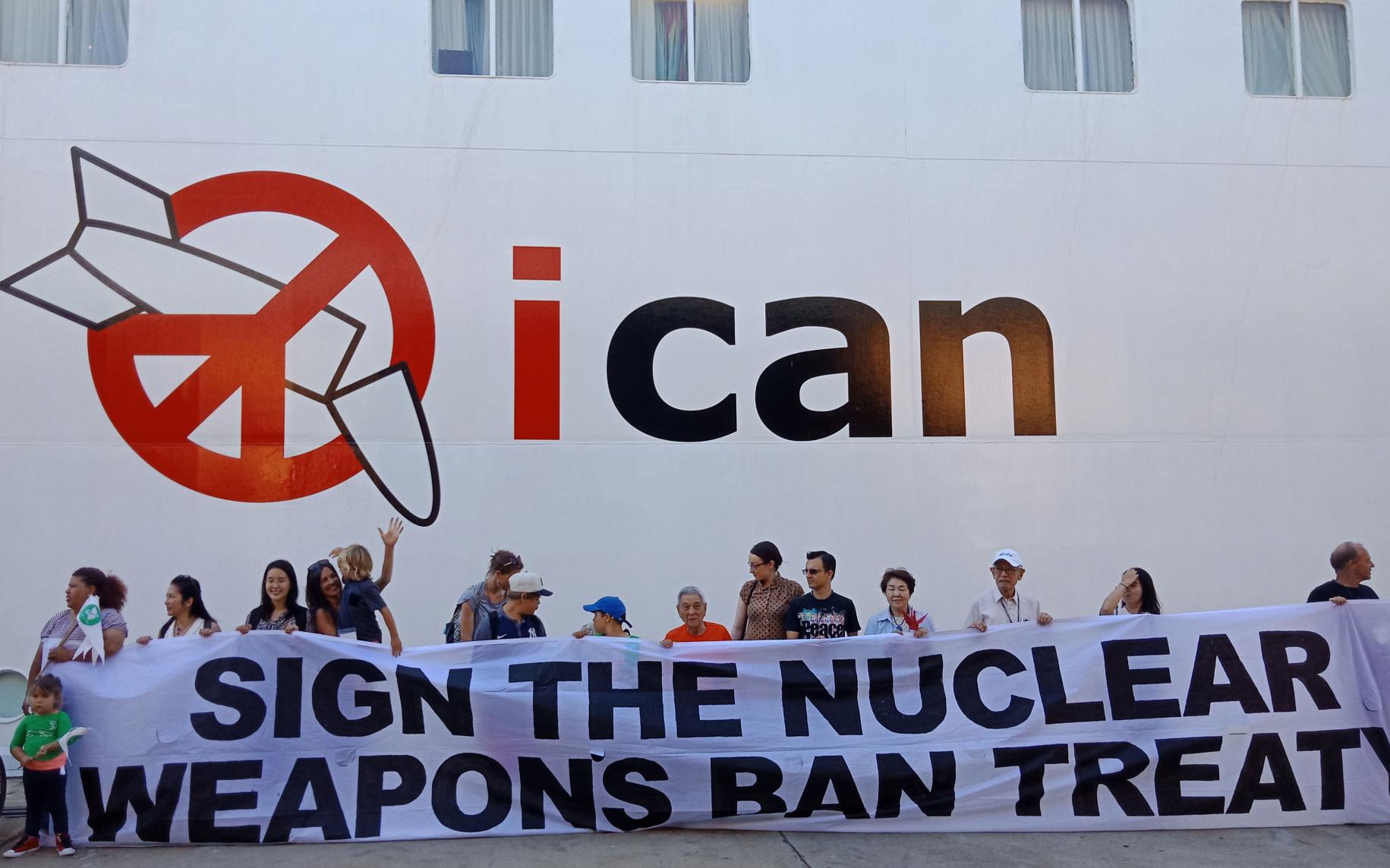Learning module:
Law and democracy Defining Moments
Balancing passion for change in a resilient democracy
4.7 When free speech goes too far
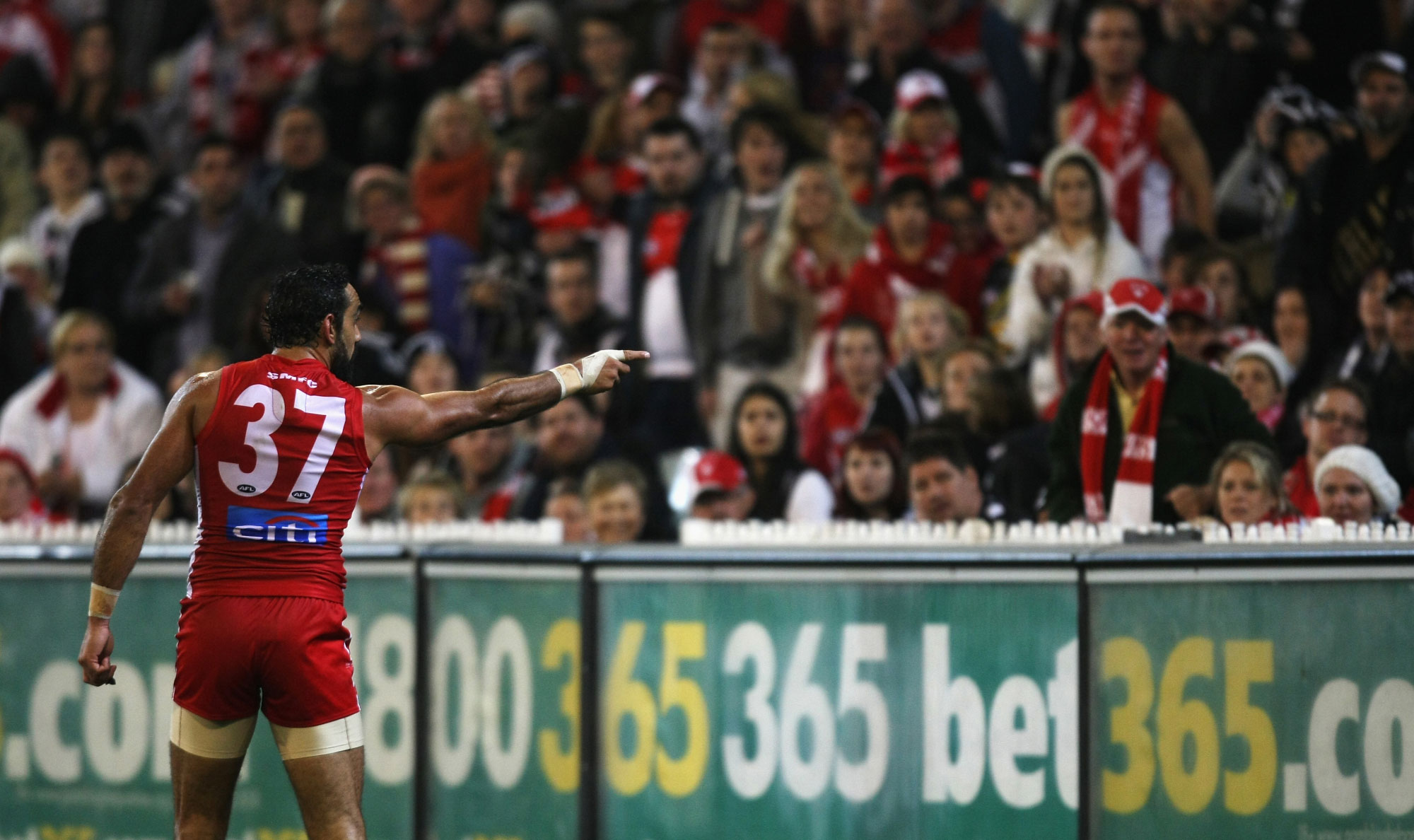
In 2014 an Australian Rules footballer was named Australian of the Year. He had previously twice won the award for the best player in the national competition and had twice played in victorious premiership teams. In 2015 he quit football, a broken man as a result of crowd hostility to him. What caused this change? To what extent is free speech allowable if it is hurtful?
Looking at the case study of Adam Goodes will help you explore the important idea of the balance between encouraging democratic freedoms and maintaining a resilient and cohesive society.
Read the Defining Moment in Australian history: 2019 AFL apologises to Adam Goodes and answer these questions.
1. Who is Adam Goodes? Why is he a significant person in the history of the AFL?
2. What was the controversy that affected him?
3. What was the significance of the controversy in relation to Australian society as a whole?
4. How did the football administration react to the crowd abuse?
5. Why was this approach finally seen as being inadequate?
6. Do you think the crowd was just exercising its right to free speech by booing Goodes?
7. What are our responsibilities when we exercise our right to free speech?
8. How far can the behaviour of a crowd, such as in this case, undermine or contribute to a sense of cohesion within Australian society?
9. If it had happened in a less popular sport do you think the impacts would have been the same?
10. What does this event help you understand about the role of sport in helping sustain a resilient democracy and promoting a sense of cohesion in Australian society?






